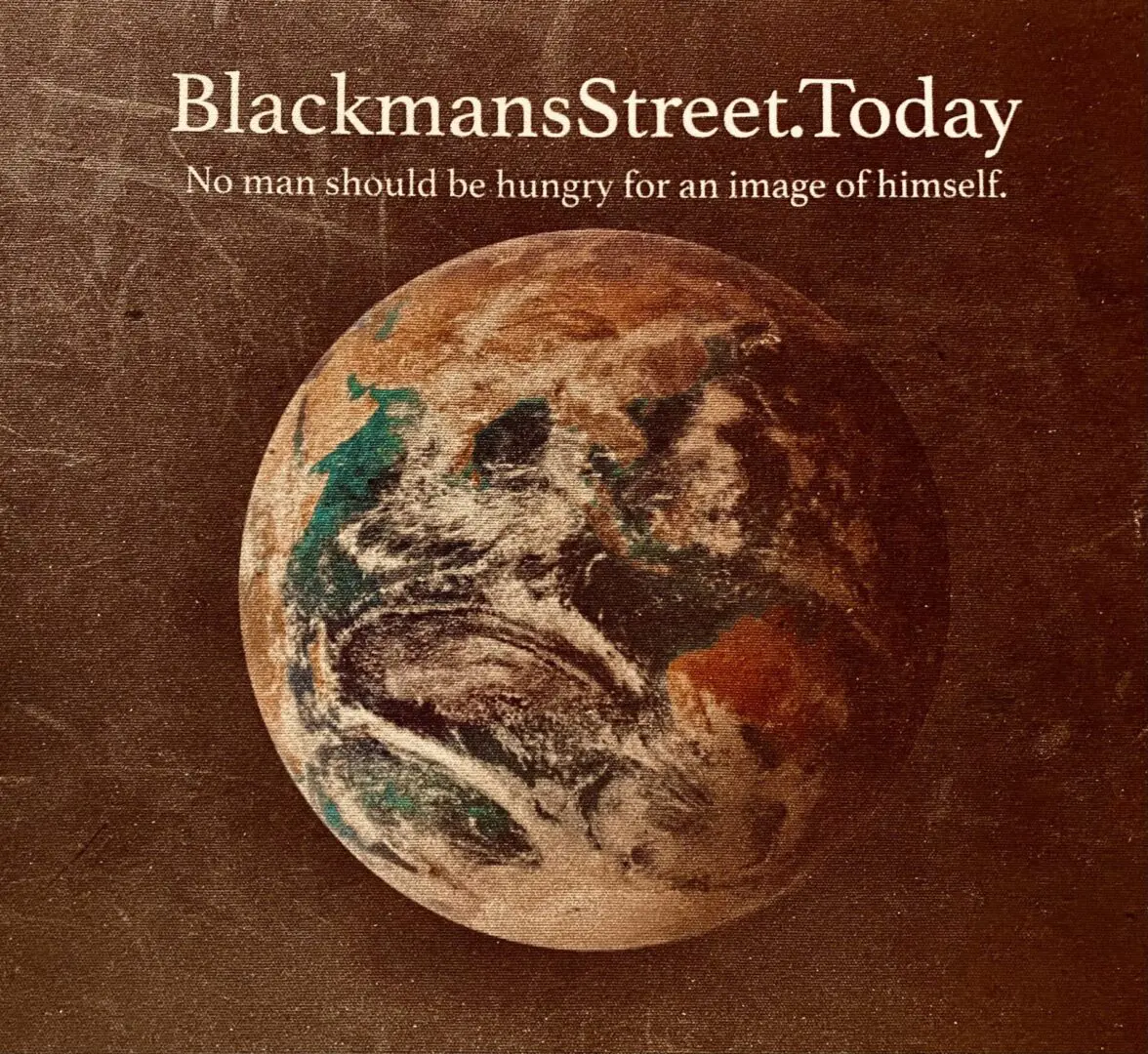Washington Trust charged with “Red Lining” Black customers
The Justice Department announced today that Washington Trust Company (Washington Trust), the oldest community bank in the nation charged with “redlining” Black and Hispanic neighborhoods, has agreed to pay $9 million to resolve the allegations.
Redlining is an illegal practice in which lenders avoid providing credit services to individuals living in communities of color because of the race, color, or national origin of residents in those communities.
The complaint alleges that from 2016 through at least 2021, Washington Trust failed to provide mortgage lending services to majority-Black and Hispanic neighborhoods in Rhode Island. The complaint alleges that despite expansion across Rhode Island, Washington Trust has never opened a branch in majority-Black or Hispanic neighborhoods despite the company’s expansion.
The complaint alleges that Washington Trust relied on mortgage loan officers working out of only majority-White areas as the primary source for generating loan applications, and Washington Trust failed to train or incentivize its lending staff or conduct outreach, marketing, and advertising of its mortgage services to compensate for its lack of branches and presence in majority-Black and Hispanic areas.
The complaint further alleges that, compared to Washington Trust, over the same six-year period, other banks received nearly four times as many loan applications each year in majority-Black and Hispanic neighborhoods in Rhode Island. The complaint also alleges that, even when Washington Trust generated loan applications from majority-Black and Hispanic areas, the applicants themselves were disproportionately White.
Under the proposed consent order, which is subject to court approval, Washington Trust has agreed to do the following:
- Invest at least $7 million in a loan subsidy fund to increase access to home mortgage, home improvement, home refinance, and home equity loans and lines of credit for residents of majority-Black and Hispanic neighborhoods in Rhode Island;
- Spend $1 million on community partnerships to provide services that increase residential mortgage credit access for residents of those neighborhoods;
- Spend $1 million for advertising, outreach, consumer financial education, and credit counseling focused on majority-Black and Hispanic neighborhoods;
- Open two new branches in majority-Black and Hispanic neighborhoods in Rhode Island; and ensure at least two mortgage loan officers are dedicated to serving these neighborhoods; and
- Employ a Director of Community Lending who will oversee the continued development of lending in communities of color.
The bank was founded in 1800.
